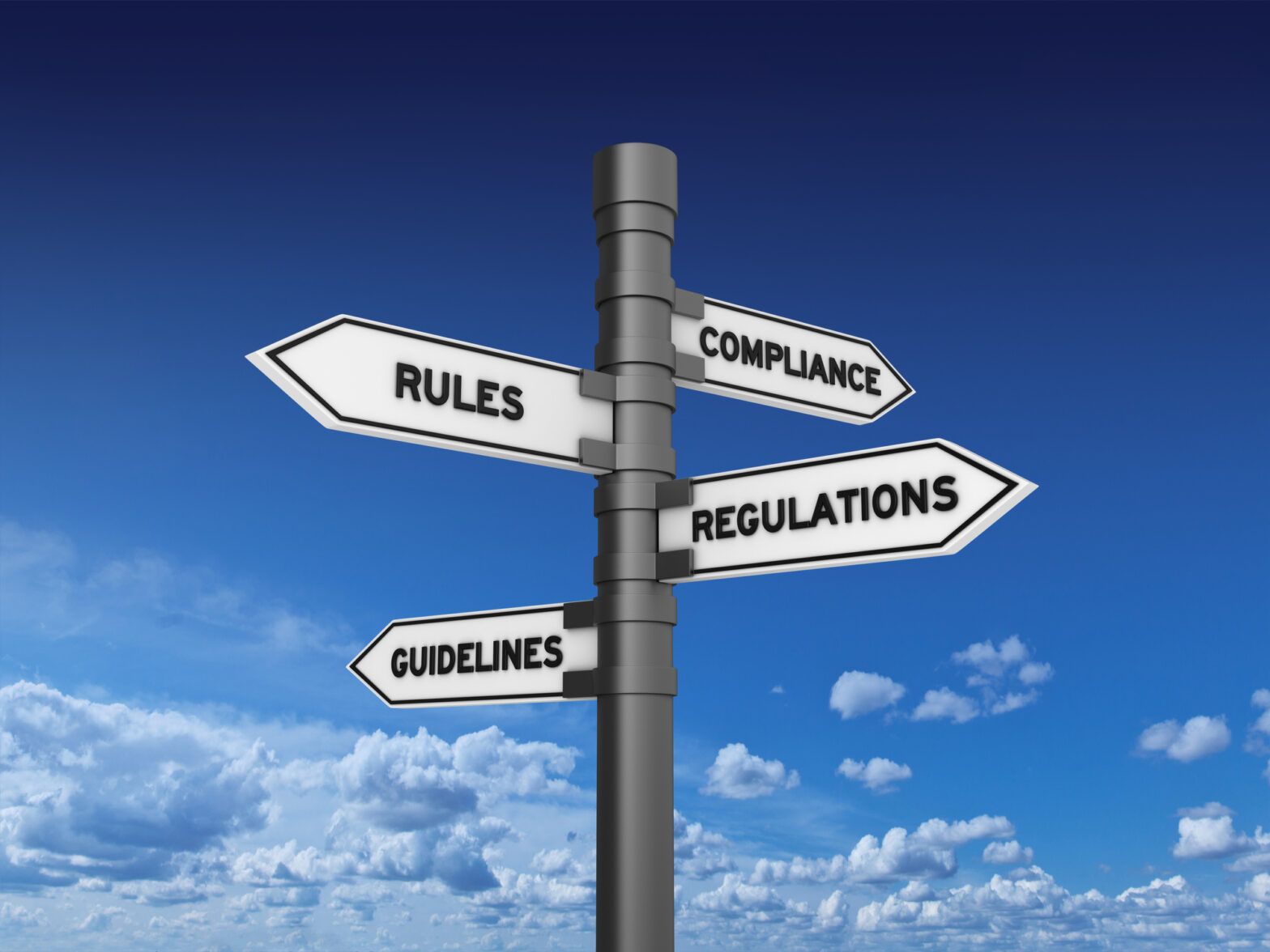While the US waits for the Securities and Exchange Commission’s (SEC) sustainability disclosure proposals to emerge, asset managers in the country should not rest on their laurels, commentators tell ESG Clarity US. With many US companies coming within the scope of EU directives, how are asset managers preparing?
The European Union’s Corporate Sustainability Reporting Directive (CSRD) will come into force on 1 January 2024 for certain large EU and EU-listed companies, bringing a new level of robustness to the reporting of sustainability data.
In-scope companies will need to disclose information about how sustainability-related factors, such as climate change, affect their operations as well as information about how their business model impacts sustainability factors.
With Refinitiv identifying more than 3,000 US companies that fall within CSRD’s scope, 31% of all non-EU companies affected, many investment managers are yet to make significant changes to ensure their investee companies comply with these new standards, including those in the US.
EU subsidiaries of non-EU companies may be required to begin reporting under CSRD before their non-EU parent comes in scope.
“The key really for American companies is to consider the scale of their subsidiaries or their operations within a European context,” says Hugo Kimber, CEO at data-driven decarbonization solutions company Carbon Responsible.
“If an asset management company is headquartered in New York, but they own large assets that fall under the jurisdiction of CSRD legislation, then they are going to have to report on them. Asset managers already adjust to meet different global sustainability metrics because there is no interoperability between global standards, and we are a long way from that being the case, so they are well attuned to what these requirements mean for their bonds and for their assets.”
Despite this, many asset managers remain cautious to avoid overcommitting resources to accommodate for these new regulations. According to Neil Robson, financial services partner at the Katten Muchin Rosenman UK law firm, some of its largest listed asset management clients have been monitoring CSRD developments, hoping that something changes and that what they do in the US is sufficient to comply. Otherwise, it seems that so far, asset managers have not taken any steps specifically for CSRD.
“It is my understanding that many of our clients will revisit this in 2024,” says Robson. “The reticence to focus on it yet is probably because only the largest in-scope companies will have to apply the new rules for the first time in the 2024 financial year, with their reports published in 2025, so, as is often the way, clients have not focused yet as the obligations still seem too far away.”
Some preparation underway
But some are starting to prepare. Alyssa Stankiewicz, associate director of sustainability research at Morningstar, observes that nearly all the asset managers she has spoken with have, within the past 12 to 18 months, added sustainability expertise to legal teams in anticipation of divergences in global reporting standards. Many firms have also engaged with different levels of sustainability-focused marketing, reporting and public thought leadership on different regional websites.
However, Stankiewicz points out that there are currently no signs that the SEC is set to expand its own disclosure proposals significantly in the direction that the EU is headed in. She added even if the current administration were to push through CSRD-type guidance, the next administration could reverse such guidance if they saw it as unduly onerous.
Additionally, environmental and social claims and aspirations are increasingly being seen as potential liabilities in the US, to the extent that asset managers have begun to tone down their language around these topics. Last year, for example, Vanguard withdrew from the Net Zero Asset Managers initiative, noting that 80% of its assets were invested in passively managed index funds. Meanwhile, BlackRock CEO, Larry Fink, caused a stir earlier this year when he said that it was not the role of asset managers to “engineer a particular outcome in the economy” amid the increasing politicisation of ESG investing in the US.
Shareholder advocacy groups and politicians, therefore, could show strong interest in CSRD, but for differing reasons. According to Stankiewicz, it could become a tool to hold companies more accountable to environmental and social aspirations, but it could also be used by opponents to question the related expenses and subsequent cost to shareholders, as has been the case with a recent proposal put forward at Chevron by the Bahnsen Family Trust.
As reported by S&P Capital IQ, in April, the Bahnsen Family Trust requested that the board of directors at Chevron authorize a new committee on decarbonization risk to evaluate the company’s strategic vision. The charter would require the committee to engage in reviews and oversight of corporate strategy above and beyond matters of legal compliance, including potential impacts from flaws in climate models, the possibility that the US will not force decarbonization according to such schedules and the potential for other countries to avoid setting similar targets.
“It is inevitable that there will be some degree of backlash to this because people will say it is far too draconian,” concludes Kimber.
“Some of that is linked to national politics in the States, but also people are generally a little sceptical of change. If you go back three years though, most of the frameworks and legislation we have today did not exist, or it was in a very embryonic stage. Ultimately, CSRD is just a more robust version of what asset managers are already reporting on.”








